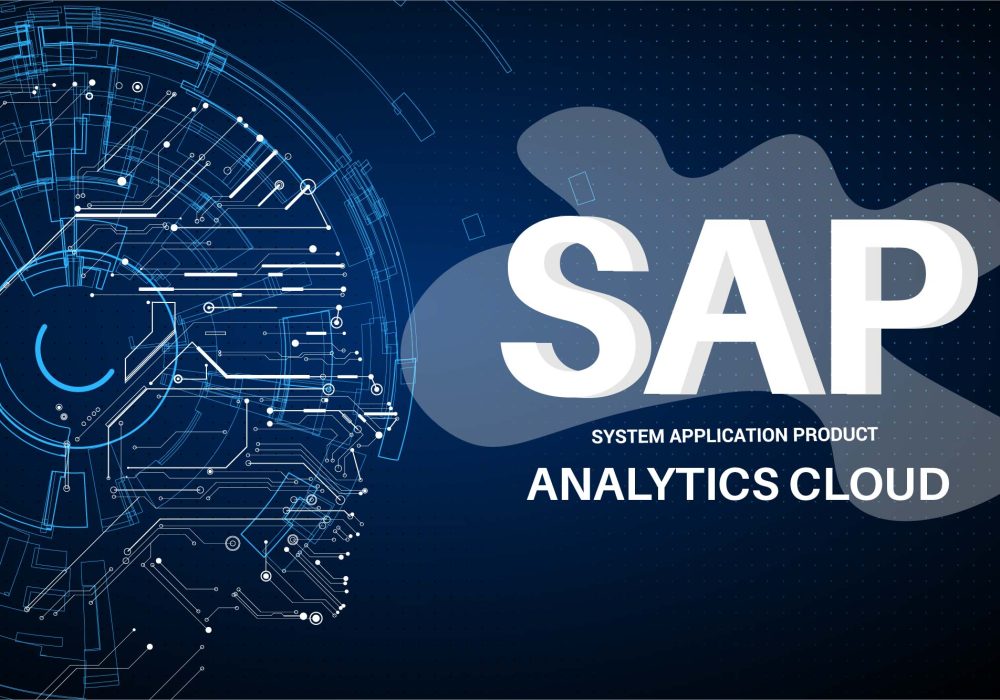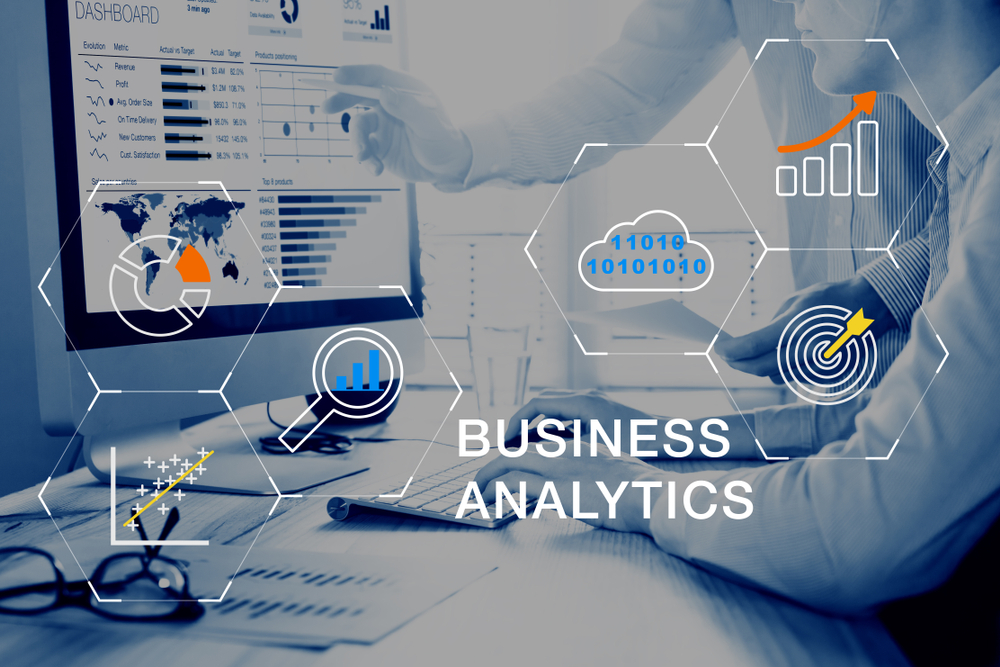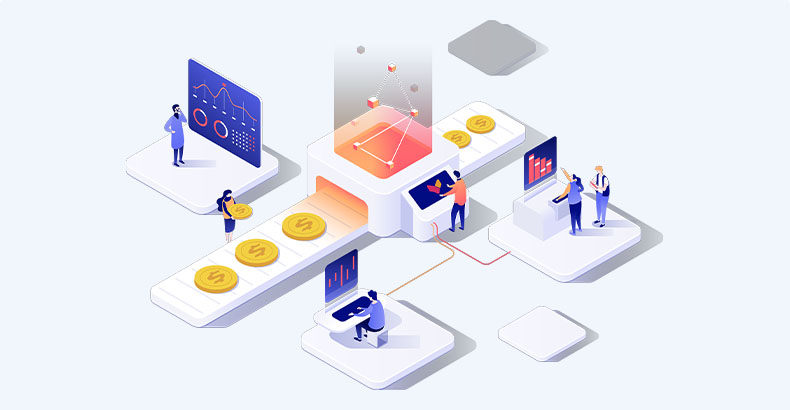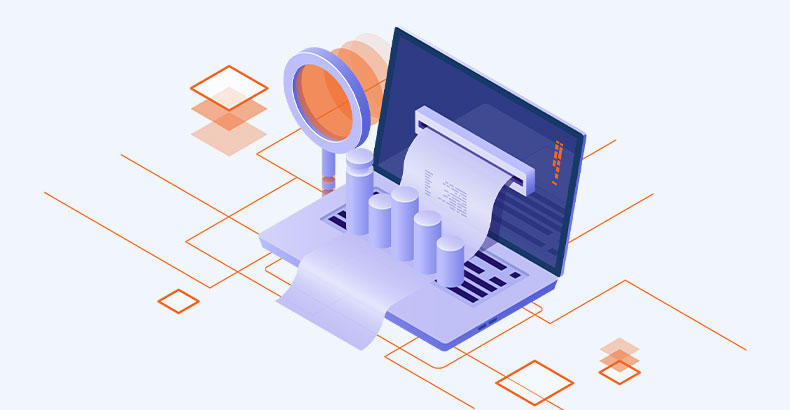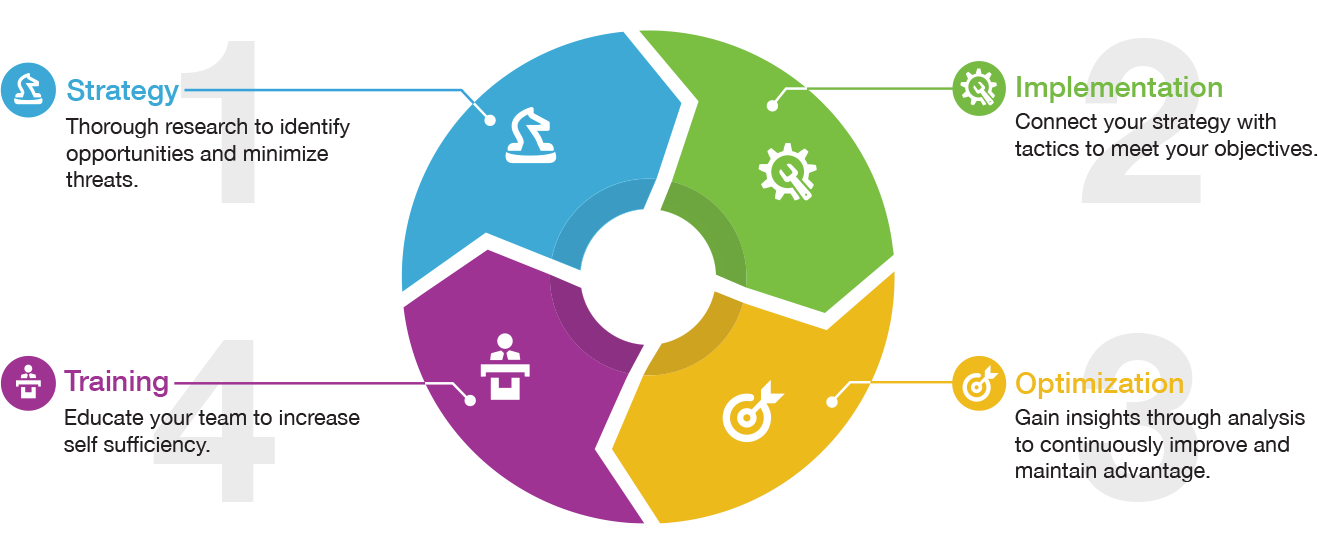
Business Analytics Consulting Services
We help our customers gain an explicit understanding of how effectively their business operates, including productivity ratings, customer behaviors, return on investment, and so on. This helps them in making strategic business decisions to guide the future of their companies.
Our team is based in Bangalore, India. Our customers are spread across the globe in North America, Europe, and Australia and include several companies from the Fortune 5000 list.
We’re happy to offer extremely competitive rates, while supplying top-notch service through professionals with years of experience in business analytics, helping you benefit from outsourcing. You always receive a dedicated project manager looking over the efficiency of your tasks.
We offer financial services analytics, risk and credit analytics, marketing analytics, and more. Depending on the industry, we can provide behavioral analytics, collections analytics, fraud analytics, pricing analytics, and supply chain analytics. Our business analytics services include:
-
-
RetailAnalytics.
-
RiskAnalytics
-
SupplyChainAnalytics.
-
CollectionsAnalytics
-
FinancialAnalytics.
-
PredictiveAnalytics
-
SurveyAnalytics
-
ContactCenterAnalytics
-
TextAnalytics
-
CyberAnalytics
-

Benefit of Outsourcing
Here are some of key points why outsourcing your Business Analytics services to Locus IT will be have an edge!
- Experienced Consultants
- Dedicated Project Manager
- Global Business Delivery Exposure
- Proven Track Records
- Strict Service Level Agreements
What Is Included in our services
It is the simplest type that “allows you to condense big data into smaller, more useful nuggets of information.” It is the most basic form of analytics performed by more than 90% of businesses. This is the starting point of any analytics and alone comprises 80% of the business analytics. The objective is to summarize the results and to understand what is going on.
Like descriptive analytics, this also focuses on the past and ascertains why something has happened. It is also known as root cause analysis because it looks deeper to understand the events’ root cause.
It allows us to isolate the patterns to identify these patterns’ source and the factors that affect the business. The diagnostic analytics helps to understand, for instance, why there has been a sudden surge or decrease in sales.
Uses the gathered data and descriptive and diagnostic analytics results to tell what is likely to happen in the future on a granular level. This is where the earlier steps’ insights can be used into actionable insights for decision-making. Its use involves forecasting the future, predicting the market trends, changing customer behaviors, and analyzing competitors to optimize and build strategies to maximize the business results.
Building on predictive analytics, prescriptive analysis is the next step that helps in exploiting the future. It essentially tells the business what should be done. Using simulation and optimization, it advises on the possible outcomes and suggests actions that can maximize the key business metrics. The focus here is on how to make it happen.
This is the most advanced type of business analytics that applies human intelligence to certain tasks by combining many technologies such as artificial intelligence, semantics, machine, and deep learning algorithms.
The goal is to understand and mimic how a human brain makes a decision and comes with a system or computer that does the same. Some of the tasks that can be performed using cognitive analytics are chatbots, virtual assistants, recognizing objects in an image, and segmentation of those images.



